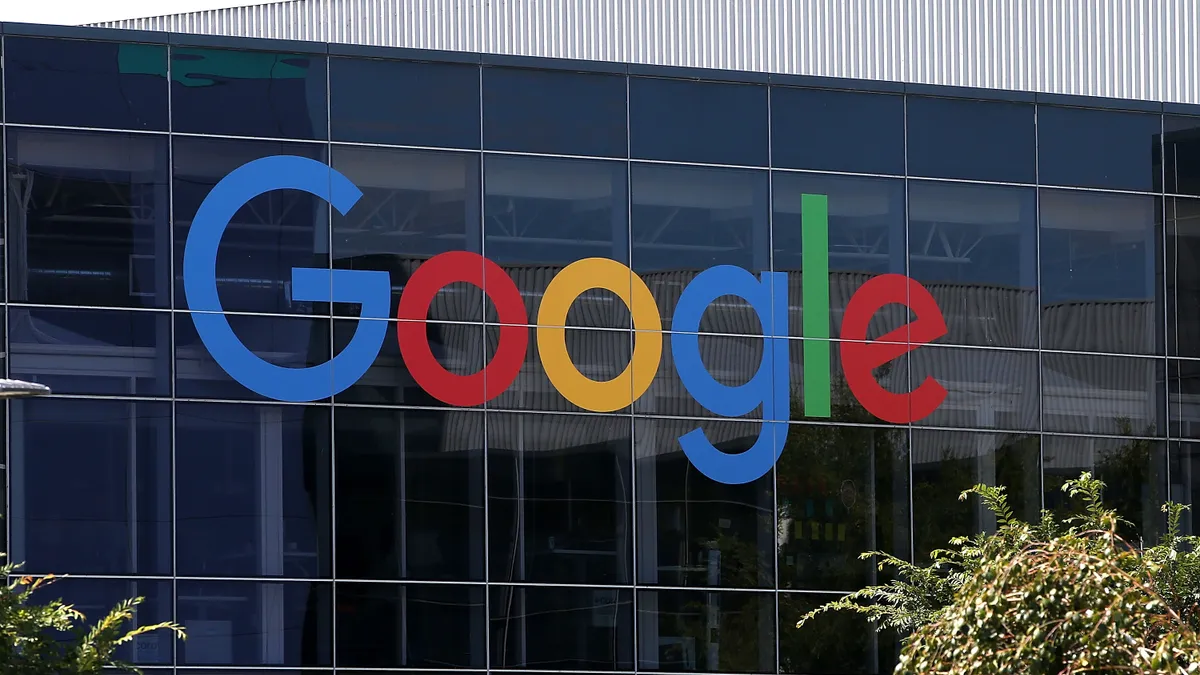A jury found in favor of Fortnite maker Epic Games on all counts in its lawsuit against tech titan Google, dealing a blow to one of the pillars of the business model for the Android ecosystem, according to news reports.
By finding in favor of Epic on Monday, the jury agreed with that company’s arguments that Google acted as a monopoly. Among other things, Google required developers to use its billing system in exchange for having their apps available on its Play store, one of the largest app markets in the world.
The verdict “is a win for all app developers and consumers,” Epic said in a statement Monday. “It proves that Google’s app store practices are illegal and they abuse their monopoly to extract exorbitant fees, stifle competition and reduce innovation.”
Google’s alleged deliberate spoliation tactic to shield employee chat messages from discovery in the antitrust case against it was a hammer U.S. District Judge James Donato put in the hands of jurors.
When he turned the case over to jurors to render a verdict after the month-long trial, he instructed them not to give the company the benefit of the doubt over what was in the messages.
“The judge told the jury to assume that the deleted information wouldn’t have been favorable to Google,” The Wall Street Journal reported.
Epic isn’t seeking damages; it's seeking changes in Google’s practices so it and other developers can list their apps without having to use Google’s billing system and paying as much as 30% of their sales to the company.
Google said it would appeal.
“Android and Google Play provide more choice and openness than any other major mobile platform,” Wilson White, a Google vice president for government affairs and public policy, said in a statement distributed to news outlets, including The New York Times. “We will continue to defend the Android business model and remain deeply committed to our users, partners and the broader Android ecosystem.”
Widespread spoliation
Google is fighting other antitrust cases, and its deliberate spoliation of evidence through the automatic deletion of chat messages has been alleged in at least one of those cases as well.
In the complaint it filed against the company in 2020 over its ad-market dominance, the Department of Justice accused Google of directing its employees, whenever they discuss sensitive business information, to use the company’s instant-messaging app, Google Hangout, which leaves the history function off by default. When that’s left off, messages delete in 24 hours.
“For nearly four years, Google systematically destroyed an entire category of written communications,” DOJ said in its complaint.
What’s more, the company tried to hide what it was doing, DOJ said in a Feb. 10 motion. “Google falsely told the United States that [it] had ‘put a legal hold in place’ that ‘suspends auto-deletion,’” the agency said. “Indeed, during the United States’ investigation and the discovery phase of this litigation, Google repeatedly misrepresented its document preservation policies, which conveyed the false impression that the company was preserving all custodial chats.”
The spoliation issue is also expected to be part of another DOJ suit against the company, this one over the partnership arrangements it uses to maintain its online search dominance.
Sanctions sought
In the Epic case, the game maker in a filing last year called out Google’s messaging practice and sought sanctions for it.
"Any administrator of Google Chats … could have changed this [auto-delete] setting at any point for all custodians.” Epic said. “Google has never claimed otherwise. But Google chose not to change the setting."
In its response to the filing, Google told CNET the deleted messages weren’t substantive.
"Any suggestion that we haven't preserved and produced responsive documents in this lawsuit is simply wrong," the company said. "We're looking forward to making our case in court and we're confident that we'll prevail in this unnecessary discovery dispute."
In its filing, Epic asked the judge, when it came time for the trial, to tell the jury they should assume the messages were unfavorable to the company.
“Though we'll probably never know what was in those chat logs,” the company said, “Epic Games alleges their destruction is suspect enough that jurors should be made aware.”
Based on his instructions to the jury yesterday, the judge did just that.





















